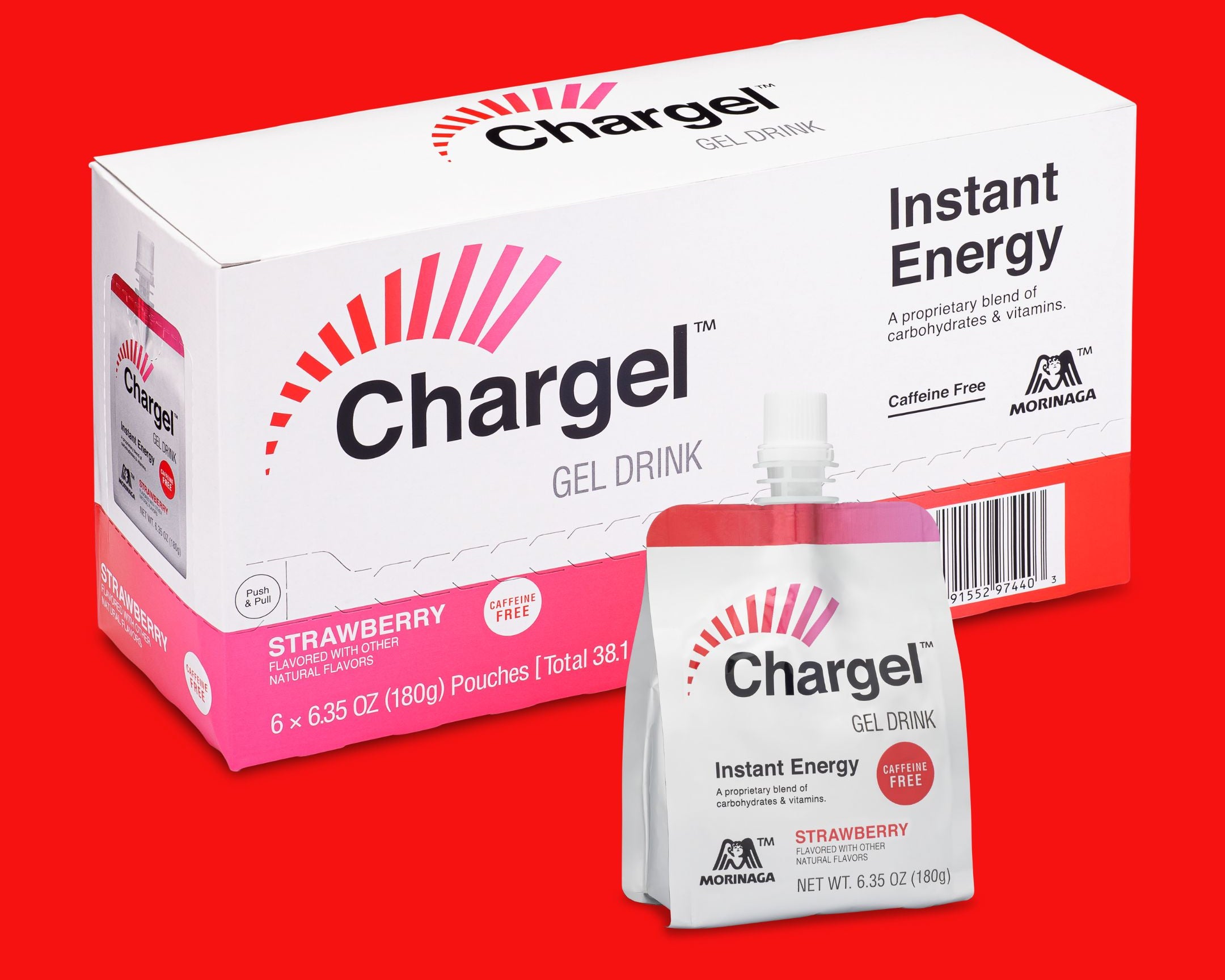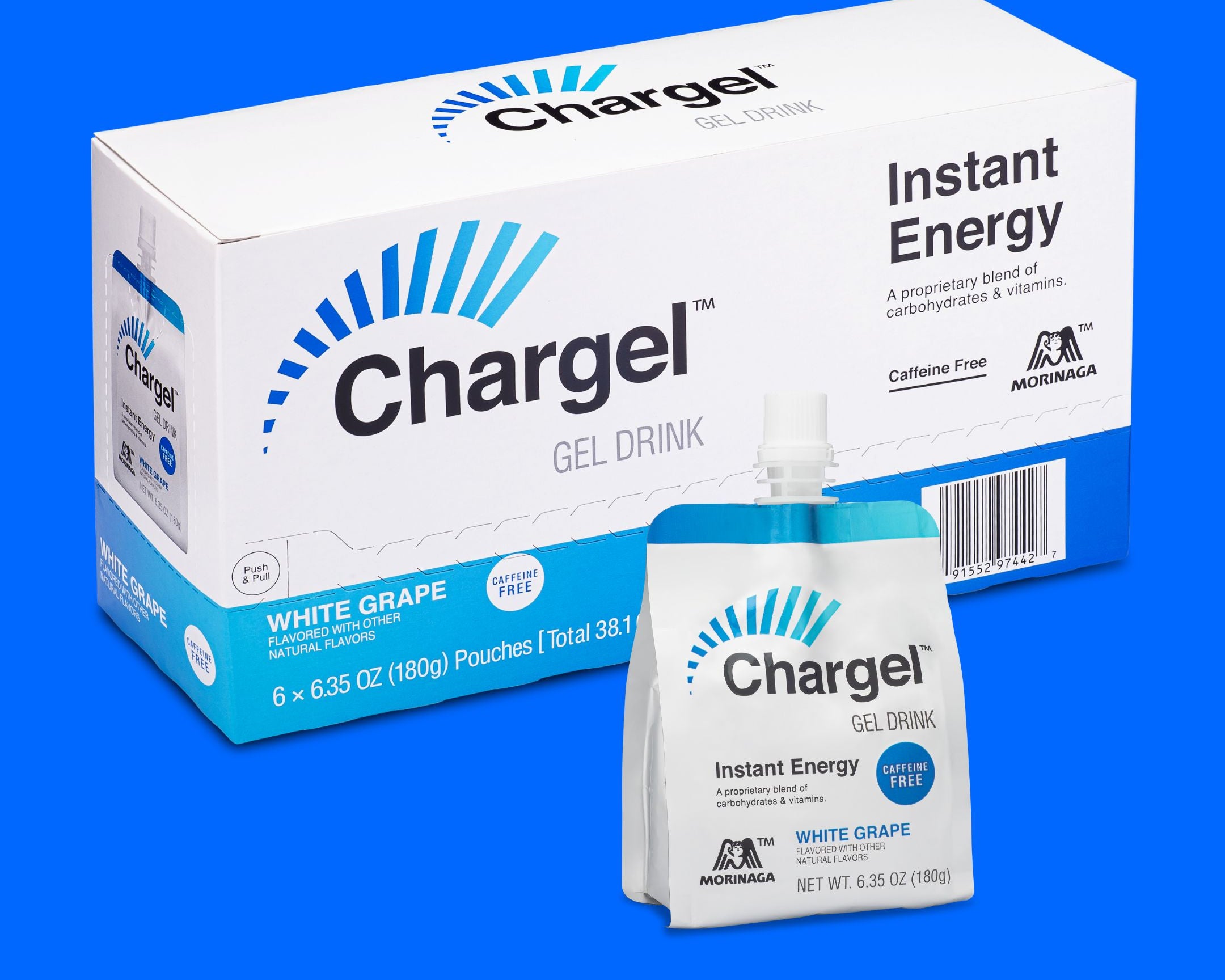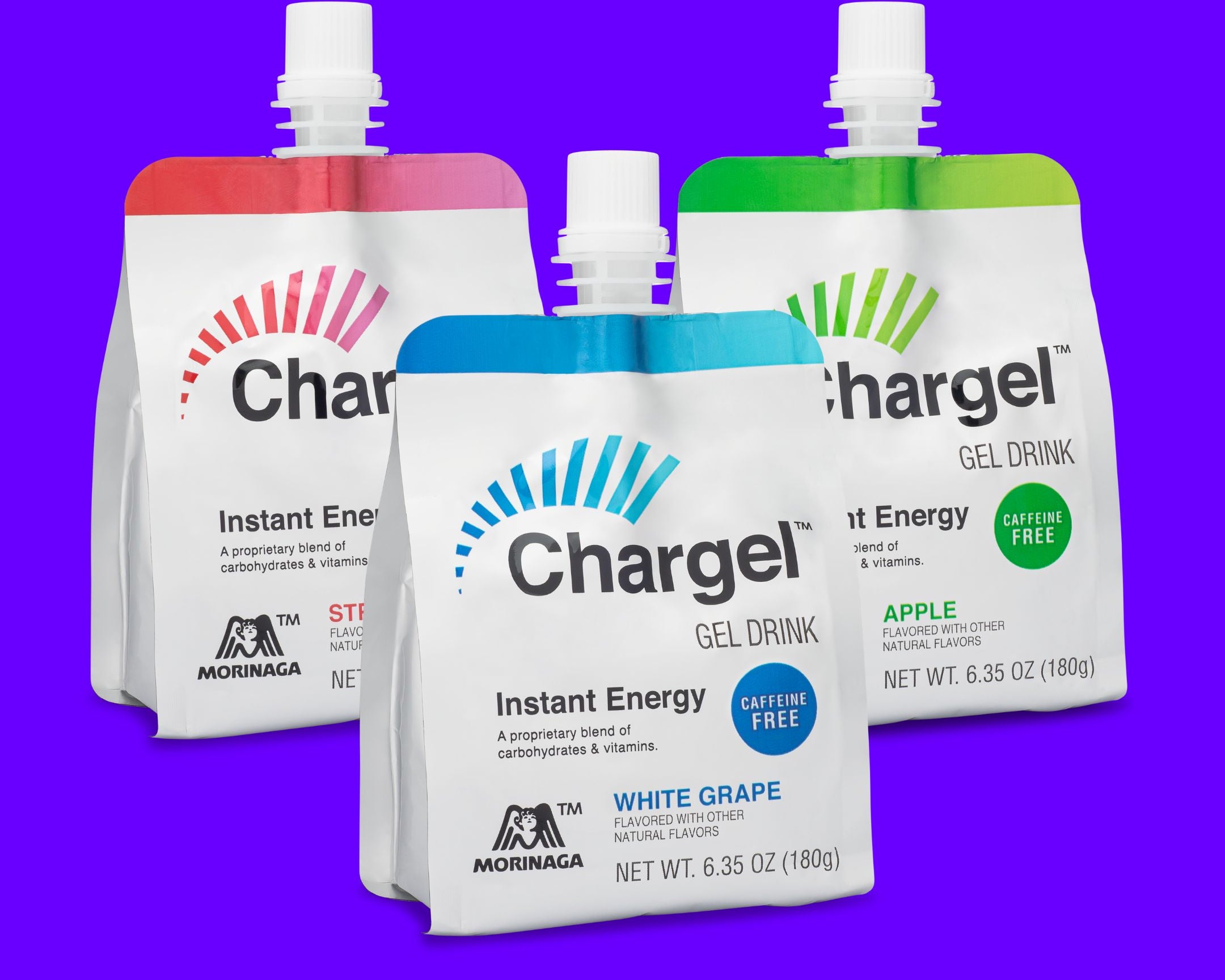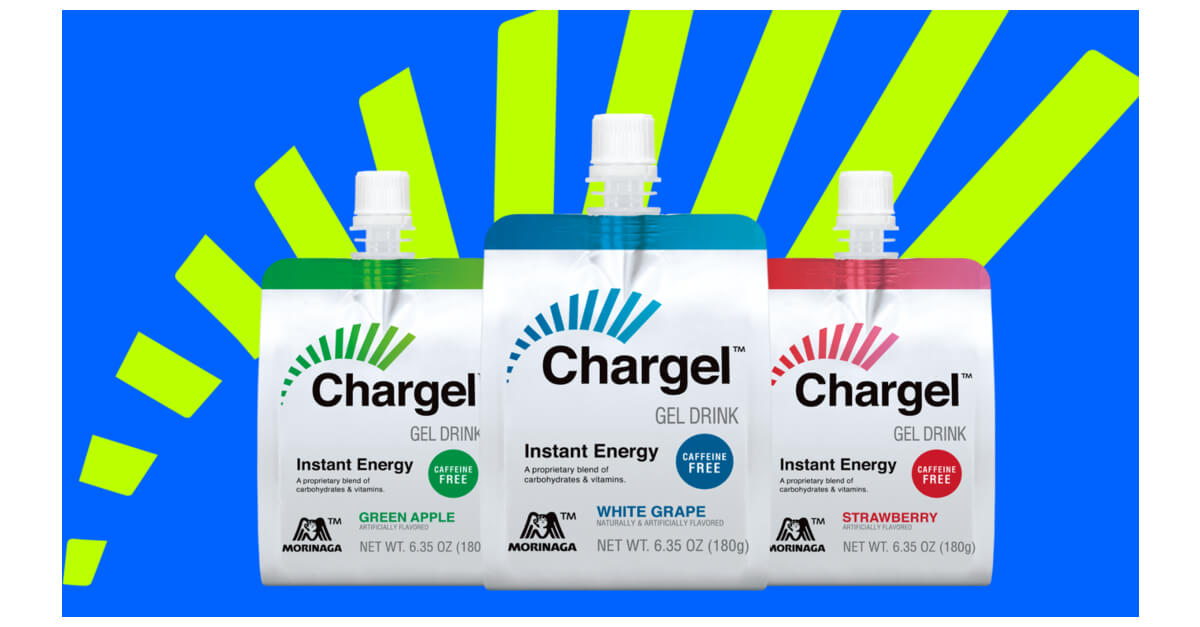When it comes to improving your health, it can be overwhelming. Whether you’re looking to lose weight, improve biomarkers, or just feel better overall, it can be tempting to make a ton of changes at first. However, the more aggressive you get, the more confusing it becomes… often leading to quitting.
Instead, let’s keep it simple! Rather than making drastic changes or implementing brand new behaviors, focus on a few things you can change that won’t cause added stress. The simpler your changes, the more sustainable they will be – leading to long-term success. With that said, here are three recommendations for simple swaps you can make to improve your health:
1. Protein for Processed
There’s nothing inherently wrong with processed foods, but they can pose issues to health when they contribute to a notable portion of your total intake. That’s because these foods are highly- palatable with low satiety – meaning it’s easy to eat a lot of extra calories. If you find yourself often snacking on things like pretzels, chips, or cookies, try swapping these out with a high-protein, high-fiber snack. For example, instead of directly indulging in a chocolate craving, try having a protein shake with/ chocolate protein powder and an apple. This will fill you up more, provide fewer calories, AND contribute more overall nutritional value.
2. Cardio for Couch
After a long day at work, you come home, make dinner, and sit down to eat. After that, you’re so exhausted, you just want to plop down and watch TV for the rest of the night. I get it. However, with the weather getting nicer and the sun setting later, delaying your TV time by 10-20 minutes to take a walk outside can make a BIG difference in your overall health. Not only does a post-dinner walk aid in digestion, but the fresh air and light movement is a great way to unwind your mind and destress after a long day.

3. Substitutes for Simple Sugars
It’s no secret that sugar is not great for our health. However, it can be hard to avoid since it tastes so good! There is a common misconception that consuming sugar of any kind is bad for your health. Fortunately, you don’t need to avoid ALL sugar to be healthy – just manage the total amount. For example, excessive intakes of candy, desserts, and sugary beverages can quickly stack up. If you get a craving for something sweet, look for a snack that has a little bit of sugar to hit that sweet tooth, but not an overbearing amount.
One example is Chargel’s Gel Drink, which not only provides a dose of B vitamins for energy and wellbeing but also has half the amount of sugar as a 12-ounce soda. This is a simple, energy-enhancing swap that not only tastes great but fuels your body to perform better and recover faster.
Another “trick” is to eat more fruit – aka “nature’s sugar”. I’ll admit this isn’t 100% foolproof, but it’s still highly effective. Keep fresh fruit out and available, especially sweeter fruit like grapes and berries. When you get a temptation to grab some candy or sweets, go for the fruit first. Most of the time, this will satisfy that sweet tooth, helping you to reduce your sugar intake; and if it doesn’t, that’s fine! You can still enjoy a reasonable portion of your sweets, but at least you added some more micronutrients to your day as well! Sugar + vitamins/minerals is still better than sugar with no nutrients. It’s all about making things better, not perfect.
Improving your health isn’t difficult, it just takes a few simple changes to get the ball rolling. Just remember that ANY change you make will make a difference, so do what you can and stay consistent. Whether your goal is to lose weight, improve energy, or reduce disease risk, these three simple swaps will make a big difference in just a short amount of time!

Author Profile: Derek Lipton MS RD CSSD CSCC Registered Dietitian, Sports Dietitian, and Strength Coach
Derek is a Sports Dietitian and Strength Coach with several years of experience working with elite athletes all over the world. Prior to starting his own business in 2018, Derek worked with top level Division 1 athletes at both University of Georgia and Duke University, where he gained invaluable experience and education to help athletes perform their best.
Derek uses a balanced approach to nutrition, avoiding fad diets and making sure all foods fit. He believes the best diet plan is the one that incorporates the foods you currently eat, and focusing on portion sizes and filling in the gaps. There is no one-size-fits-all approach, and Derek believes that applying individualization along with specific science creates the most optimal results.









